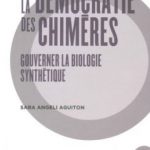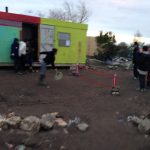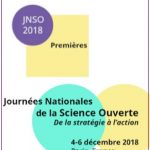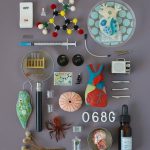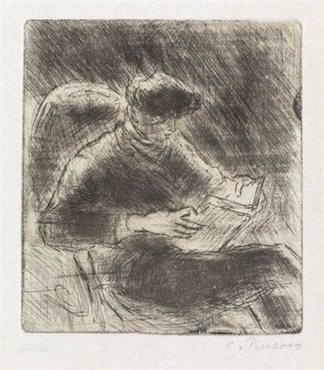
Benjamin Lemoine, Laureate of the Bronze Medal of the CNRS 2018. The Bronze Medal rewards the first work of a researcher – which makes him a talented specialist in his field. This award represents an encouragement by the CNRS to pursue well initiated and already fruitful research.
Alaric Bourgoin, winner of the Human Relations 2018 Paper of the Year Award. The Human Relations Paper of the Year Award is given to the paper that the Editorial Team considers best encapsulates broad readership appeal, sound methods, and whose theory advances our understanding of human relations at work.
Read more →
